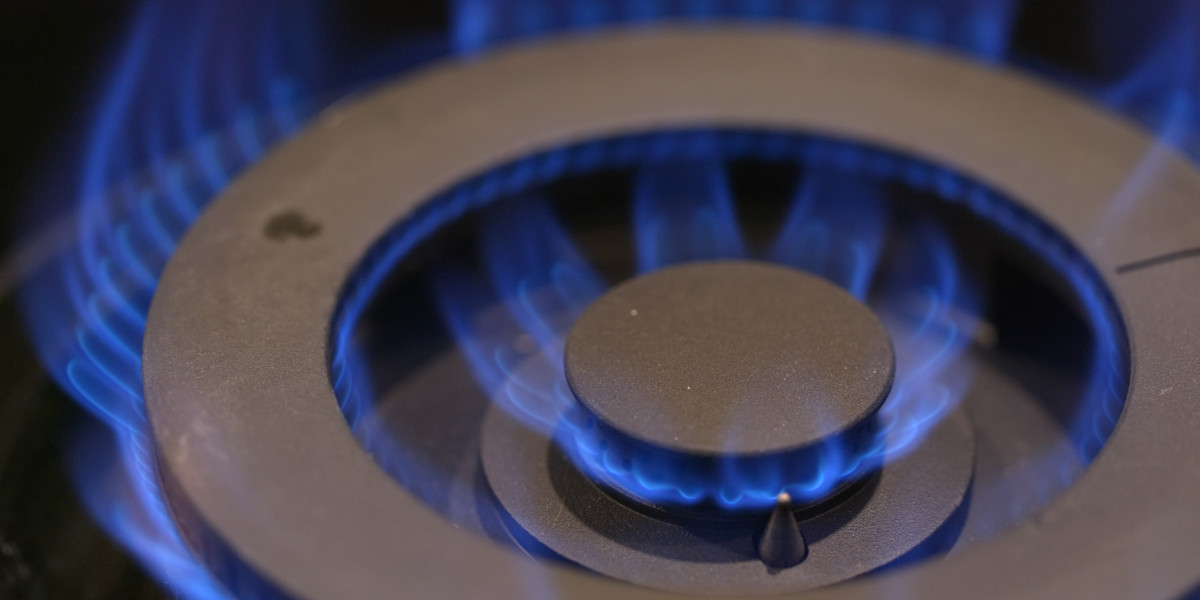As a landlord, ensuring the safety of your tenants is paramount. One crucial aspect of maintaining a safe living environment is adhering to gas safety regulations. In the UK, landlords are legally required to provide a Gas Safety Certificate (GSC) to their tenants. This certificate, also known as a Landlord Gas Safety Record (LGR), confirms that all gas appliances, flues, and pipework in the property have been inspected and are safe to use. But how often do you need to obtain a new certificate? Let's delve into the details.
What is a Gas Safety Certificate?
A Gas Safety Certificate is a document that certifies that all gas appliances and installations in a rental property have been inspected and are in a safe condition. The inspection is carried out by a Gas Safe registered engineer, who will check for any potential hazards, such as gas leaks, blocked flues, or faulty appliances.

Legal Requirements
Under the Gas Safety (Installation and Use) Regulations 1998, landlords are legally required to:
- Have all gas appliances and flues installed, maintained, and checked by a Gas Safe registered engineer.
- Ensure that a gas safety check is carried out annually.
- Provide a copy of the Gas Safety Certificate to tenants before they move in and within 28 days of the annual inspection.
How Often Should a Gas Safety Certificate Be Renewed?
The Gas Safety Certificate must be renewed annually. This means that you, as the landlord, are required to have a Gas Safe registered engineer inspect all gas appliances, flues, and pipework in the property at least once every 12 months. The inspection should be completed before the current certificate expires to ensure continuous compliance with the law.
What Happens During the Inspection?
During the annual gas safety inspection, the Gas Safe registered engineer will:
- Check for gas leaks in pipes and appliances.
- Inspect flues and vents to ensure they are clear and functioning correctly.
- Test gas appliances such as boilers, cookers, and heaters to ensure they are operating safely.
- Examine any gas installations to ensure they meet safety standards.
If any issues are found, the engineer will provide a report detailing the necessary repairs or replacements. You must ensure that any identified issues are addressed promptly to maintain the safety of the property.
Consequences of Non-Compliance
Failing to obtain and provide a valid Gas Safety Certificate can have serious consequences, including:
- Legal penalties such as fines and legal action from tenants or local authorities.
- Reputation damage which can affect your ability to rent out the property in the future.
- Potential liability for any accidents or injuries caused by gas-related issues in the property.
Tips for Landlords
To ensure you stay compliant with gas safety regulations, consider the following tips:
- Schedule the inspection well in advance to avoid last-minute issues.
- Keep a record of all gas safety inspections and repairs.
- Choose a reliable Gas Safe registered engineer to perform the inspection.
- Communicate with your tenants about the importance of gas safety and the need for regular inspections.
- Stay informed about any changes in gas safe certificate Check safety regulations and best practices.
Maintaining a valid Gas Safety Certificate is a crucial responsibility for landlords. By ensuring that all gas appliances and installations are inspected annually, you not only comply with the law but also provide a safe and secure living environment for your tenants. Regular inspections and prompt attention to any issues can help prevent accidents and ensure peace of mind for both you and your tenants.
If you have any questions or need further assistance, it's always a good idea to consult with a Gas Safe registered engineer or a legal professional.








